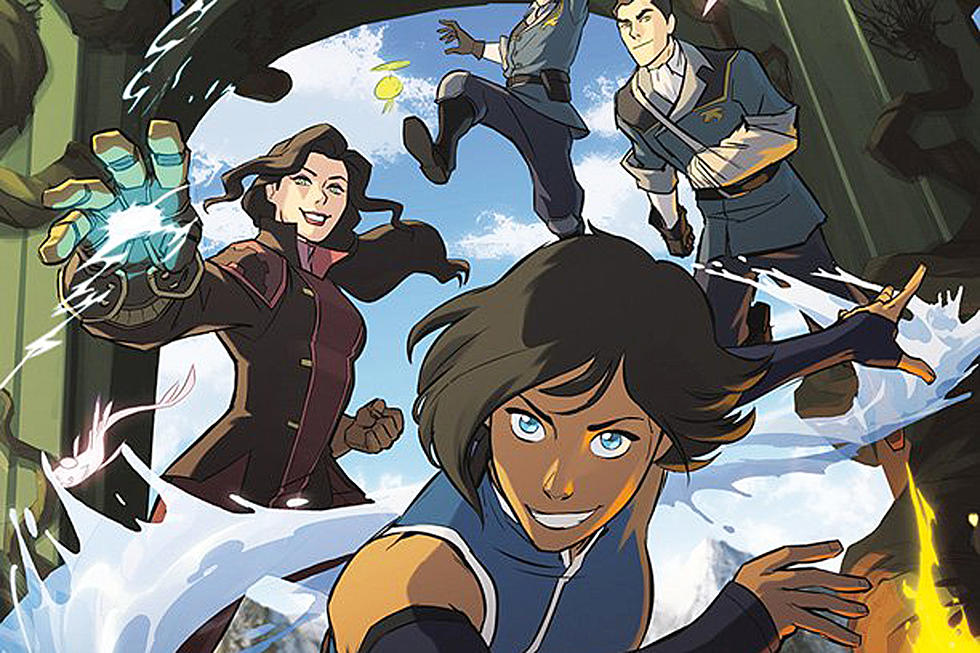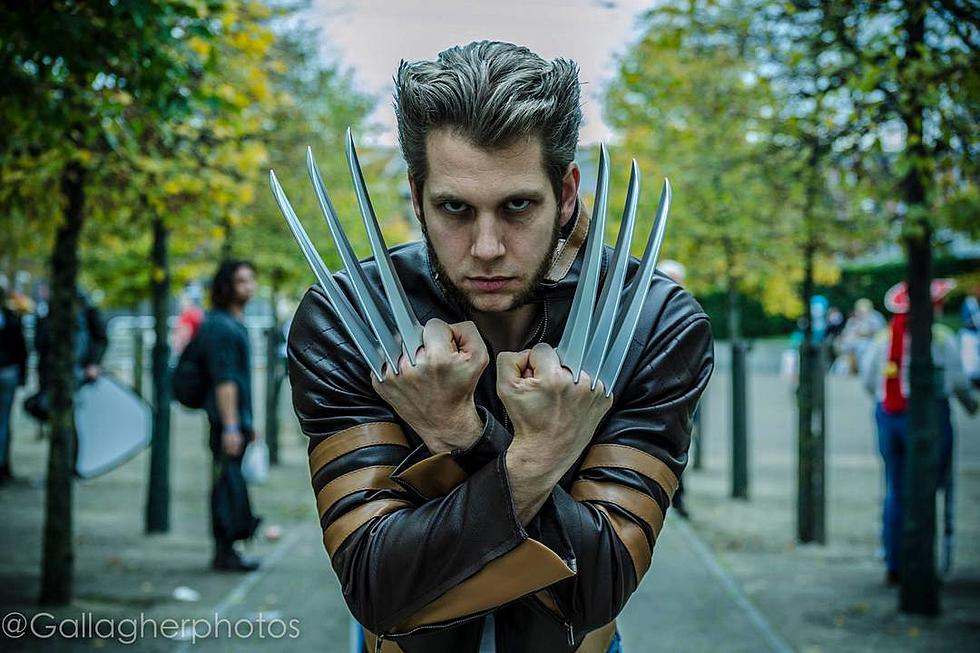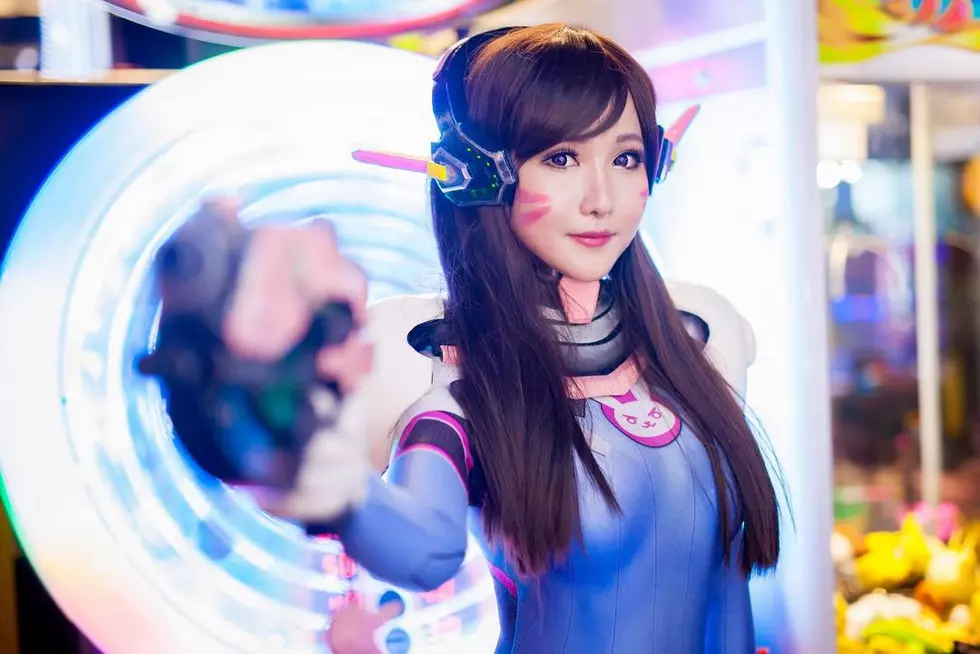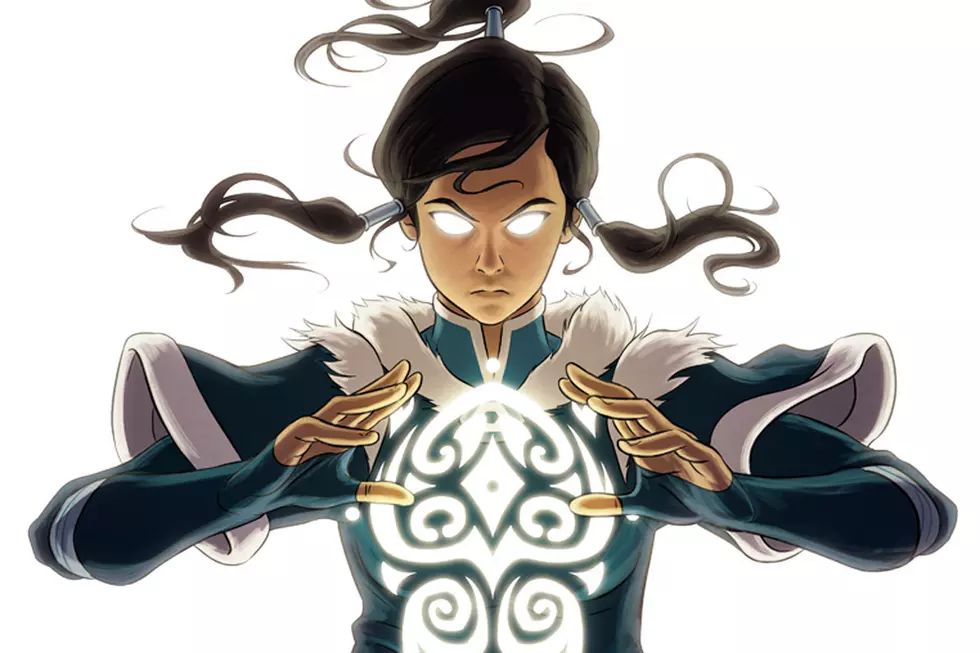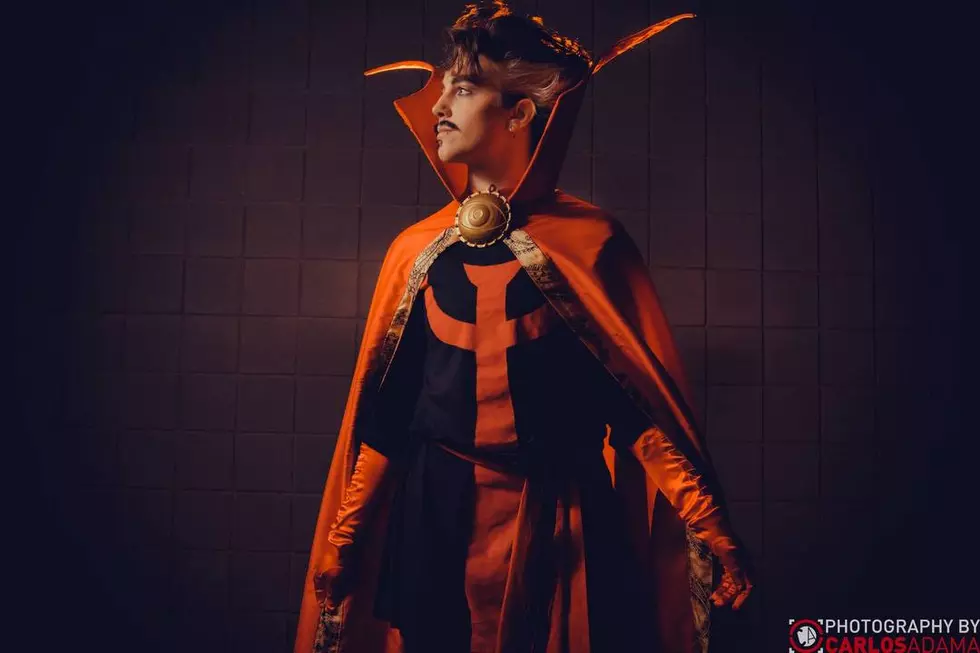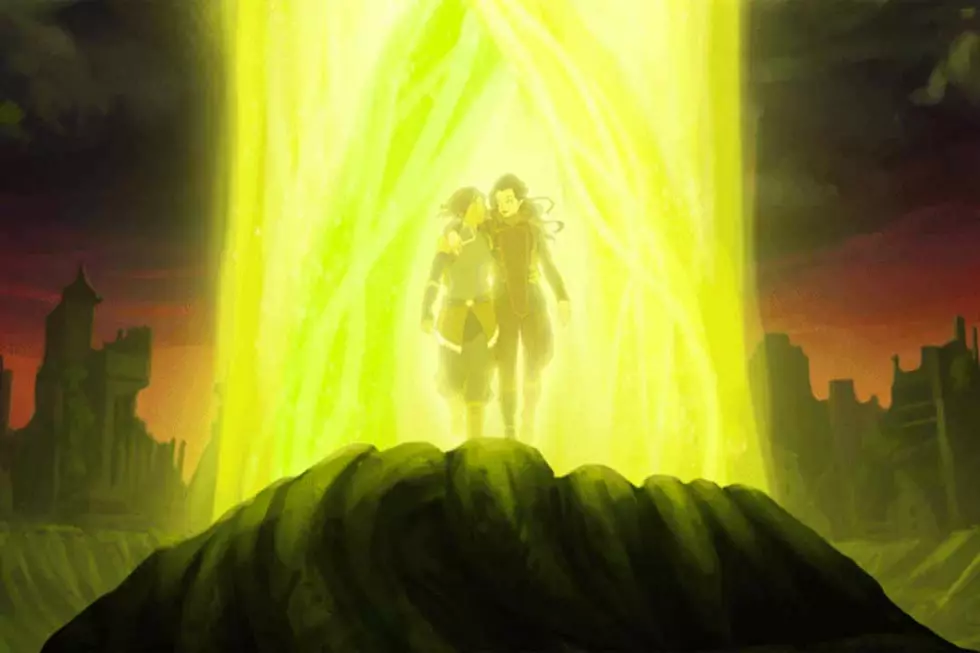
Power And Anarchy: A Midseason Analysis Of ‘The Legend Of Korra’ Book Four
The Legend of Korra has been about many things—generational divides, anarchy, teen romance—but mostly, it’s been about power. Where Korra saw divine talent, Amon saw an underclass maintained by the caprice of nature. Where Korra saw vengeful dark spirits, Unalaq saw a grave imbalance that had pained the world for thousands of years. Where Korra saw an inept, but inevitable monarchy, Zaheer saw a tyrant whose willful ignorance kept her people destitute. Where Korra was absent, Kuvira, in her own words, “stepped up.” Where Korra sees status quo, others see the cruelty of those in power—and the opportunity for change.
As I noted in my review of the first episode of Book 4, Kuvira has a point. Halfway into the last season of Legend of Korra, she has only sharpened it in the face of her opponents’ silence. She jails dissenters, has constructed reeducation camps, and blackmails reluctant leaders into joining her empire. She has torn apart a family and is rushing headlong towards developing the Nickelodeon equivalent of a nuclear weapon. I’m still pretty sure those bandits in the first episode were working for her. Mako spoke for us all when he named her “a glorious leader and her military dictatorship.” She is unambiguously the antagonist.
But she is still, six episodes in, the only person addressing the brokenness at the heart of the Earth Kingdom. Prince Wu is out the picture, yet nothing and no one has been proposed in his place. The Air Nomads offer flying teenagers in lieu of structural change. President Raiko is off in Republic City somewhere, having his shoes shined. The Fire Lord, Desna and Eska, Tenzin, and Tonraq are quiet after the fall of, as Kuvira put it, their “handpicked dictator.”
But even apart from these obvious failures, there are those like Suyin, whose neutrality damns them in the eyes of the common man. Zaofu, a city built around a skill only “one in one hundred Earthbenders have,” is an art deco paradise of technology and culture where a family like the Beifongs can explore dance, art, and architecture. That’s great. No shame in progress. But when Kuvira declares that Zaofu “has been hoarding their riches and technology for too long,” and promises to “distribute those resources fairly throughout the nation”—and then, for the right to do so, fights the obstinate Avatar one-on-one as she “would never ask you to do something that I wouldn’t do myself,” how can the common man not cheer? How can he be unperturbed by the chasm between his life and the Beifongs?
Reflect on our time in the state of Yi, or the villages besieged by bandits in the third season. The places that “had never even seen a Satomobile”—the places for whom the previous century did little. Could you grow up in a place like that and not look upon Zaofu, Prince Wu, President Raiko, and the Avatar with anger? Three years ago, Suyin refused to take control of the Earth Kingdom. The audience understands her reasons—but to a denizen of Ba Sing Se’s Lower Ring, who has lost everything to the vacuum of power, she’s just another blind bureaucrat. Not to mention the wealthy daughter of the wealthy chief of police who only avoided jail time because of her family connections.
The system has utterly failed the vast majority of Korra’s world, and Kuvira is not just the only person doing something about it, she’s the only person acknowledging it as such. Consequently, she has gained power. But where Kuvira has the mandate of the people, Korra has the mandate of heaven. They are, in this sense, perfect opposites: Kuvira’s power has been earned through years of labor, and is subject to the whims of millions. Korra was born with divine favor. No one can take it away, no one can weaken it. The only way to stop her is to kill her—and even then, she’ll only be reborn into a different body. Korra’s power is immutable. Yet she, as Kuvira so cuttingly puts it, “isn’t relevant here.” Their lives reflect the rift between them: Kuvira was orphaned, taken in by the dazzling Suyin, and had her natural talents nurtured. Years of work earned the position of captain of the guard, and now, the Great Uniter. Korra’s journey has been one long topple in comparison: sixteen years of talent and triumph unraveled by the past four years. Korra is bedraggled, out of practice, mentally ill, and distrusted by the world. Kuvira has an army of thousands and, in due time, “the most powerful weapon the world has ever seen.” Their fight is a one-sided embarrassment—Kuvira’s tight, elegant style easily besting Korra’s blustery swings. It is only through the help of others that Korra escapes.
Yet it is her own face that Korra hallucinates on Kuvira’s shoulders. Because for all their differences, Korra and Kuvira are startlingly alike. Creators Michael Dante DiMartino and Bryan Konietzko have admitted as much, pointing out particularly that they designed Kuvira to have the same height and build as our heroine. Kuvira is also, like Korra, someone who believes in decisive action over all. She sees progress and power as an inherent good, believing, as Baatar Jr. voices, that a scientist’s duty is to follow a discovery wherever it goes—even if it’s to dangerous extremes. I believe that Kuvira sees herself as harsh, but well-intentioned—willing to do what is necessary, if ugly, while others cower. She isn’t cackling over the wickedness of her reeducation camps; she sees them as a means to an end. Hearken back to Book 1 Korra, who saw her power as an inherent good, who yelled “you’re oppressing yourself!” at an Equalist protestor, who leapt at the first chance to challenge Amon to a one-on-one duel. Kuvira is Korra with polish.
As Toph points out in “The Calling,” “What did Amon want? Equality for all. Unalaq? He brought back the spirits! And Zaheer believed in freedom.” All of Korra’s foes have had a point, but it is Kuvira who makes this abundantly clear in her similarity to our heroine. But this time, it’s Korra who urges caution. Suyin, Opal, and others call on Korra to embrace her power to its fullest extent and smash Kuvira—but Korra refuses. And when she tries to, she is stopped by her subconscious self.
Symbolically, Korra is struggling with a question that has hung over the entire series, unanswered: What is the role of the Avatar in a world without kings and queens? Where and how should her power—unassailable, divine—be applied? Toph’s words are key: she knows now that she isn’t a crusader of justice. The Avatar has always been described as a keeper of balance, never as someone who fights for an unambiguous “good.” She is terrified of those who have hurt her because of her station—but in hallucinating herself at the height of her power, we know that above all, she fears herself.
Anxiety disorders are a constant clash of opposites. You’re afraid of something, so you avoid thinking about it as hard as you can. Naturally, you think about it more. You work harder at not thinking about it. Eventually, the terrible thing has lodged itself so deeply within you that your life has shaped around it. The key to overcoming this is accepting the terrible thing. Accepting that it is there, and you are afraid. Understanding that maybe it will always be there, and that you cannot control the thing or your response to it, and finding peace in that. Korra is afraid of her own potential, her own power, and the responsibility and risk that come with it. People are pleading with her to be the old Korra, to smash Kuvira’s army as she smashed Amon, Unalaq and the Red Lotus—but she isn’t sure she wants to anymore. Uncertainty, to a person dealing with an anxiety disorder, can be the most terrifying thing of all.
Korra won’t beat Kuvira through being the good guy to her bad guy. She’s never beaten the bad guy through being the good guy, because the unrest those bad guys drew upon has never gone away. Korra, and the world, must find balance—and in this case, that means embracing what others, previously the voices of reason, are so quick to ignore: Kuvira has a point. Korra, in her illness, is wrestling with this on every level. The two main thrusts of this season—Korra’s mental and emotional journey and Kuvira’s takeover—are one and the same: they are both the struggle for balance. Kuvira, both as herself and the Korra of the past, call for action, the application of brute strength, and a binary morality. The unrest of the world and the terror of being the Avatar are the terrible, anxiety-inducing realities the world refuses to face. Only Korra is in a position to bring these fragments together and craft a new world out of them. She cannot abandon her old, decisive self—nor can she embrace it wholeheartedly. She cannot, as everyone this season is jumping to be, a creature of extremes. She must acknowledge the power imbalance of the world. She must acknowledge the power of her fear. She must embrace them. And out of this turmoil—emotional, political, and otherwise—she must find balance.
More From ComicsAlliance
